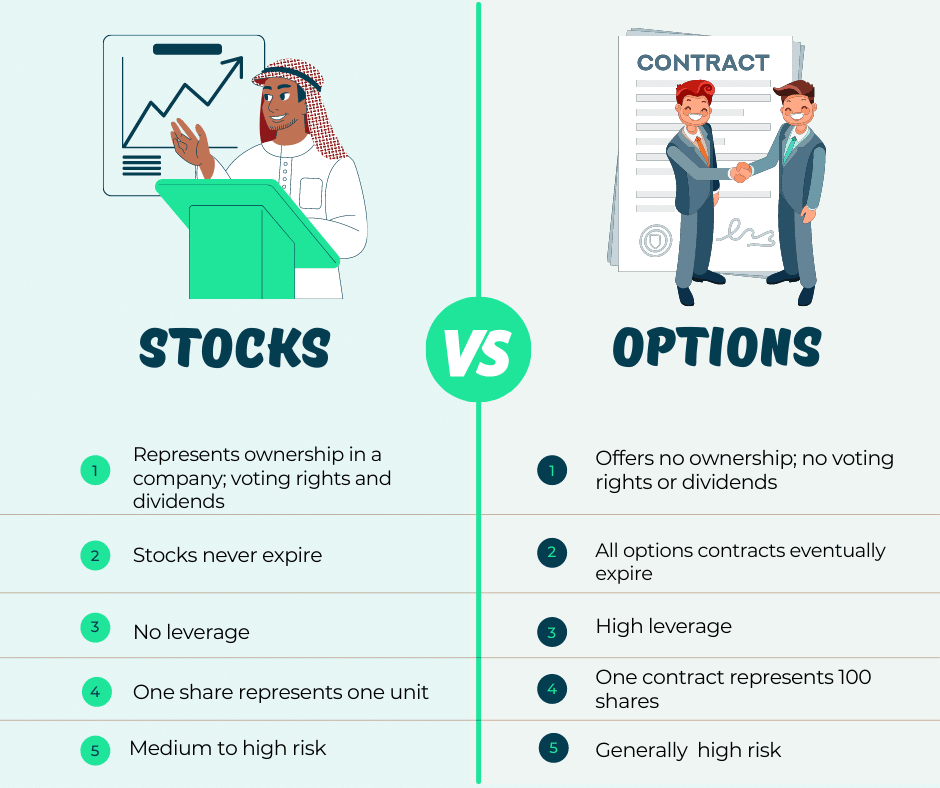Equities Vrs Options
#pixarts.trade , Blogs
Equities and options are both financial instruments, but they represent different ways of participating in the financial markets, each with its own characteristics, risk profiles, and potential benefits. Let’s compare equities (stocks) and options:
Equities and options are both financial instruments, but they represent different ways of participating in the financial markets, each with its own characteristics, risk profiles, and potential benefits. Let’s compare equities (stocks) and options:
Equities (Stocks):
- Ownership: When you buy shares of a company’s stock, you are buying ownership in that company. Shareholders have certain rights, such as voting on company matters and receiving dividends.
- Profit Potential: As a shareholder, your profit is directly tied to the increase in the stock price. If the stock goes up, you make a profit; if it goes down, you incur a loss.
- Risk: While stocks carry risk, the risk is limited to the amount you invest. If the stock price goes to zero, you can lose your entire investment, but you cannot lose more than that.
- Time Horizon: Stock investments are often considered for the long term. Investors may hold stocks for years, benefiting from capital appreciation and dividends over time.
- Liquidity: Stocks are generally more liquid than options, making it easier to buy and sell shares in the market.

Options:
- Derivative Instruments: Options are derivative instruments, meaning their value is derived from the value of an underlying asset, such as a stock.
- Flexibility: Options provide more flexibility than stocks. They can be used for speculation, hedging, income generation, and more.
- Leverage: Options allow for leverage, meaning you can control a larger position with a smaller amount of capital. However, this also increases the potential for both gains and losses.
- Limited Risk: When you buy an option, your risk is limited to the premium paid. This is in contrast to certain option-selling strategies, which may involve unlimited risk.
- Time Sensitivity: Options have expiration dates, and their value is influenced by time decay. This time sensitivity can be an advantage or a risk, depending on the strategy employed.
- Complexity: Options trading can be more complex than buying and holding stocks. It requires a good understanding of the Greeks (Delta, Gamma, Theta, Vega) and various strategies.
Summary:
- Equities (Stocks): Ownership, profit tied to stock price movement, limited risk, long-term focus.
- Options: Derivative instruments, flexibility, leverage, limited risk (when buying options), time sensitivity, potential complexity.
Both equities and options have a place in an investor’s toolkit, and the choice between them depends on individual financial goals, risk tolerance, and investment strategy. Novice investors are often advised to start with equities before venturing into the more complex world of options. Consulting with a financial advisor is recommended before engaging in options trading.
